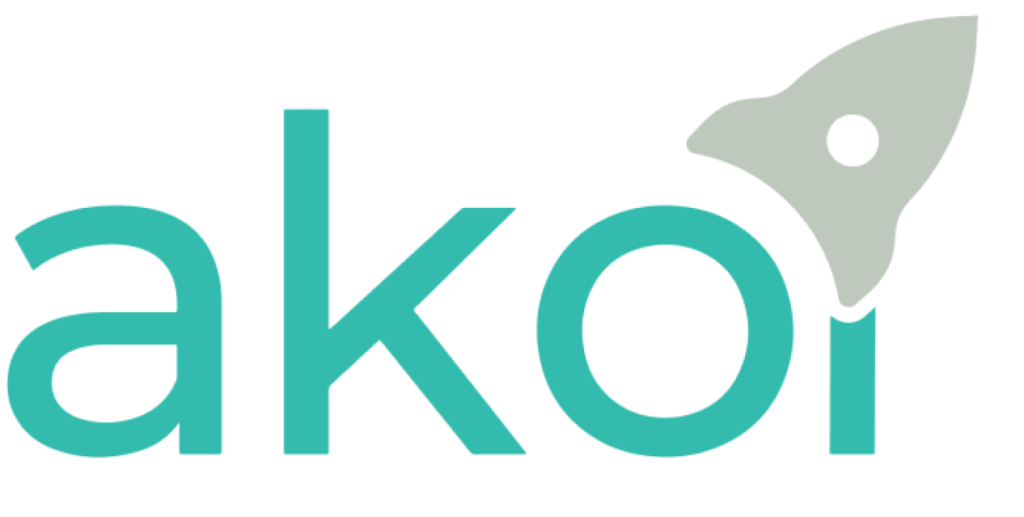For those navigating the intricate world of online advertising, understanding the nuances between Pay-Per-Click (PPC) and Cost-Per-Click (CPC) is crucial. How do they affect your advertising budget and campaign outcomes? Let’s delve into these fundamental questions to understand how each impacts your digital marketing strategy.
What is PPC?
Pay-Per-Click (PPC) is an online advertising model in which advertisers pay an amount each time their ad is clicked. It is a powerful way to drive specific traffic to your website, and it is utilized on platforms such as search engines, social media, and display networks. Essentially, you are paying for the chance to be seen by potential customers, rather than paying for ad space.
The appeal of PPC in digital marketing lies in its ability to initiate immediate traffic and visibility. But how does it differ from CPC?
Understanding CPC
Cost-per-click (CPC), on the other hand, refers to the amount of money an advertiser spends for each click on their ad. While PPC is the broader advertising model, CPC is the metric that quantifies how much you are spending per click. In other words, CPC is a key component of the PPC model. So, what is CPC exactly?
To calculate CPC, you use the following formula:
CPC=Total Clicks/ Total Cost
How PPC and CPC Interrelate
While PPC and CPC are closely related, they are not synonymous. PPC is the overarching strategy where you pay for clicks, whereas CPC is the measurement of the cost of those clicks. In PPC marketing, advertisers often focus on achieving a low CPC to maximize their return on investment (ROI). A lower CPC generally means that you’re paying less for each click, which can lead to more efficient use of your advertising budget.
The Impact on Your Advertising Budget
The impact of PPC and CPC on your advertising budget cannot be overstated. When you engage in pay-per-click advertising, your total cost is directly influenced by your CPC. High CPC rates can quickly deplete your budget, while lower CPC rates can stretch your budget further.
So, how can you manage CPC effectively to ensure your PPC campaigns remain cost-efficient? Here are a few strategies:
- Keyword Research: Choosing the right keywords is crucial. Keywords with high competition often have higher CPC rates. By targeting long-tail or niche keywords, you can potentially lower your CPC and attract more relevant traffic.
- Ad Quality: Improving your ad’s quality score can reduce your CPC. Google and other platforms reward high-quality, relevant ads with lower CPC rates. Ensure your ad copy is compelling and your landing page is suitable to the keywords you’re targeting.
- Bid Strategies: Utilize various bidding strategies to control your CPC. For example, automated bidding strategies like Target CPA (Cost-Per-Acquisition) or Manual CPC can help you manage how much you spend per click.
PPC Campaign Outcomes
The outcomes of your PPC campaigns are closely tied to your CPC. A high CPC can lead to a high total spend, which might not always result in proportional returns. On the other hand, a low CPC can allow you to run more extensive campaigns and extend to a larger audience without breaking the bank.
But how can you ensure that your PPC campaigns are delivering the best possible results? Consider the following:
- Conversion Tracking: Measure the effectiveness of your PPC ads by tracking conversions. This helps you understand how many clicks are turning into valuable actions, such as purchases or sign-ups.
- A/B Testing: Test different ad variations to check which ones yield the best results. By experimenting with different headlines, calls-to-action, and designs, you can optimize your PPC ads for better performance.
- Budget Allocation: Allocate your budget depending on the performance of different keywords and ad groups. Focus more on high-performing areas and adjust your spending to maximize ROI.
In summary, while PPC and CPC are interrelated, understanding their distinct roles is essential for effective digital marketing. PPC represents the advertising model where you pay for each click, and CPC is the metric that measures the cost of those clicks. By managing CPC effectively, you can optimize your PPC campaigns to achieve better results while staying within your budget.
As you navigate the world of pay per click advertising, keep these insights in mind. The objective is not just to drive traffic but to do so in a cost-efficient manner that enhances your overall marketing strategy. So, are you ready to leverage the power of PPC and CPC to elevate your digital marketing efforts? The path to successful advertising starts with understanding these key concepts and applying them strategically to achieve your goals.


